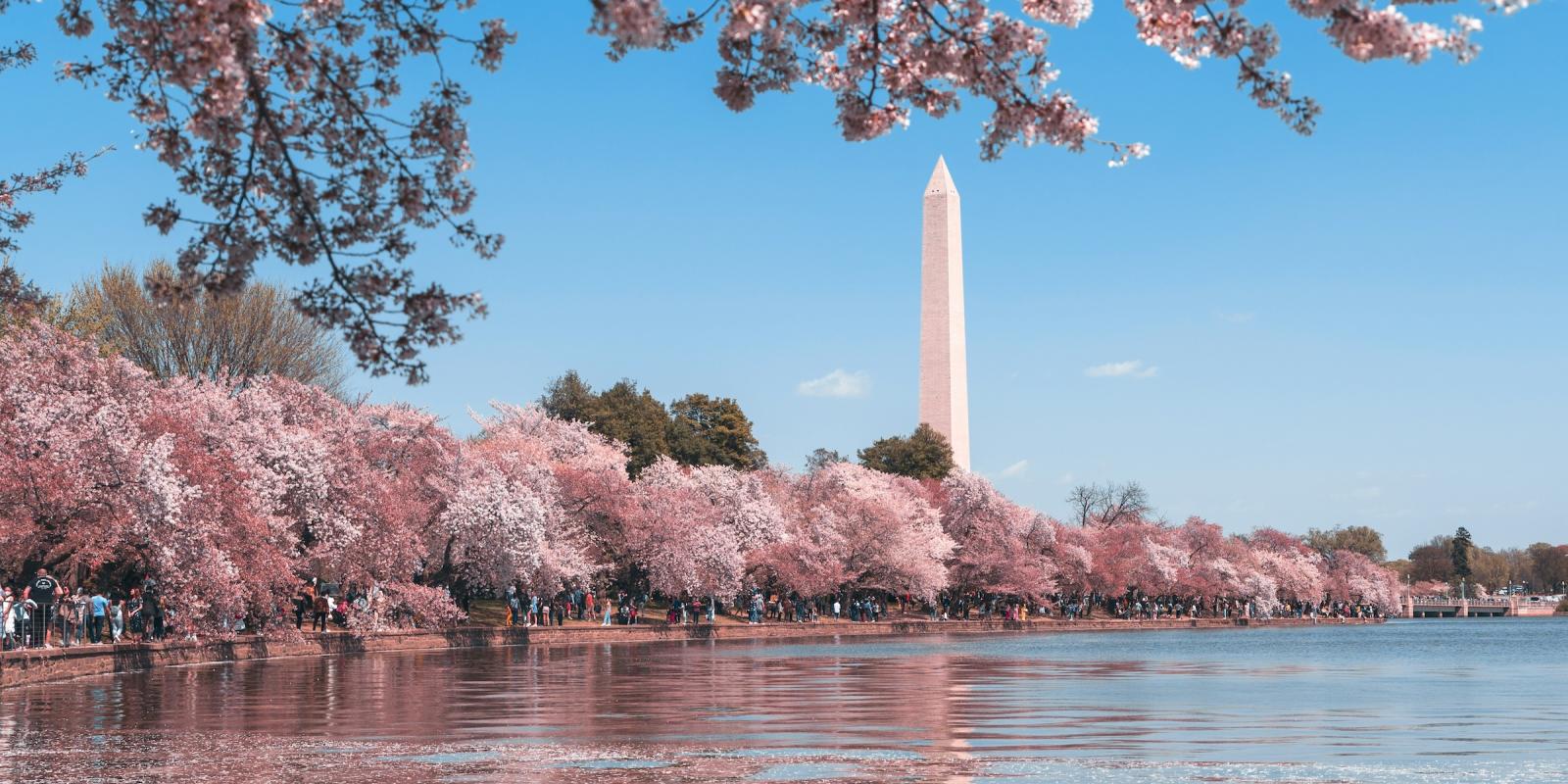On June 8, 1918, Washingtonians looked to the sky hoping to see… well… something. But, many weren’t quite sure exactly what. As the Evening Star noted:
“There was a great craning of necks on the streets. Many a citizen who had read about the eclipse and forgotten about it, wanted to know where the aeroplane was…. One woman called up The Star and wanted to know whether the Marine Band ‘is playing on the eclipse.’ A reporter carefully explained that the Marine Band sometimes played on the Ellipse.”
For scientists at the U.S. Naval Observatory on Massachusetts Avenue, however, there was no confusion. The day marked an extraordinary astronomical event -- a transcontinental total eclipse -- and they pulled out all the stops to document it.
